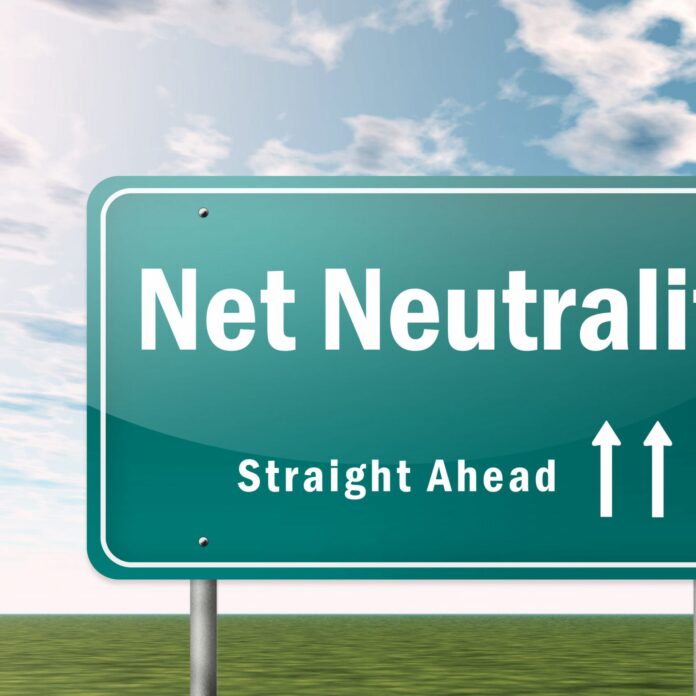Petitioners ask higher court to decide on net neutrality
WASHINGTON – The joint petitioners seeking a stay on the implementation of net neutrality rules, which go into effect next month, have appealed the FCC’s denial with a higher court.
The case has been brought before the U.S. Court of Appeals for the Federal Circuit, based in Washington, D.C., with the plaintiffs listed as the United States Telecom Association, Cellular Telephone Industries Association, AT&T, Wireless Internet Service Providers Association and CenturyLink, as well as the American Cable Association and the National Cable & Telecommunications Association.
These are the same organizations that filed the joint petition with the Federal Communications Commission to stay its open Internet order in the first place.
Upon filing the appeal, CTIA President and CEO Meredith Attwell Baker said, “CTIA is seeking a stay to preserve the light-touch regulatory regime that, until now, has been a bipartisan success story.”
She continued: “The FCC’s decision to impose monopoly-era rules on mobile broadband, which is a highly competitive, innovative and evolving market, is an overreach and unnecessary. Our request for stay is to limit the impact that the FCC’s ill-conceived decision would have on America’s global leading wireless industry so that the ecosystem can continue to work for Americans and our nation’s economy.”
Helgi Walker, counsel for CTIA from Gibson, Dunn and Crutcher said, “The legal and practical consequences of the FCC’s radical decision to convert mobile broadband service from a lightly regulated service into a 19th century common carrier regulation are staggering. If allowed to take effect, the decision will irreparably harm mobile Internet users who will lose the benefit of new products and services. Accordingly, we asked the Court simply to maintain the basic regulatory framework while it hears our appeal – and that’s a framework that even the FCC admits produced terrific results for consumers.”
The FCC denied the previous petition on grounds that its decision is “both essential to protect consumers and innovators against harms arising from a lack of openness and best serves the public interest.”
Pantelis Michalopoulos, who heads the telecom, Internet and media group at law firm Steptoe & Johnson, is a noted advocate of the open Internet order.
He told RCR Wireless News, “They [the petitioners] filed their stay motions with the FCC about 50 days after the FCC released the open Internet order. That delay appears to contradict the idea that the petitioners have a pressing need for relief before the rules go effective June 12.”

